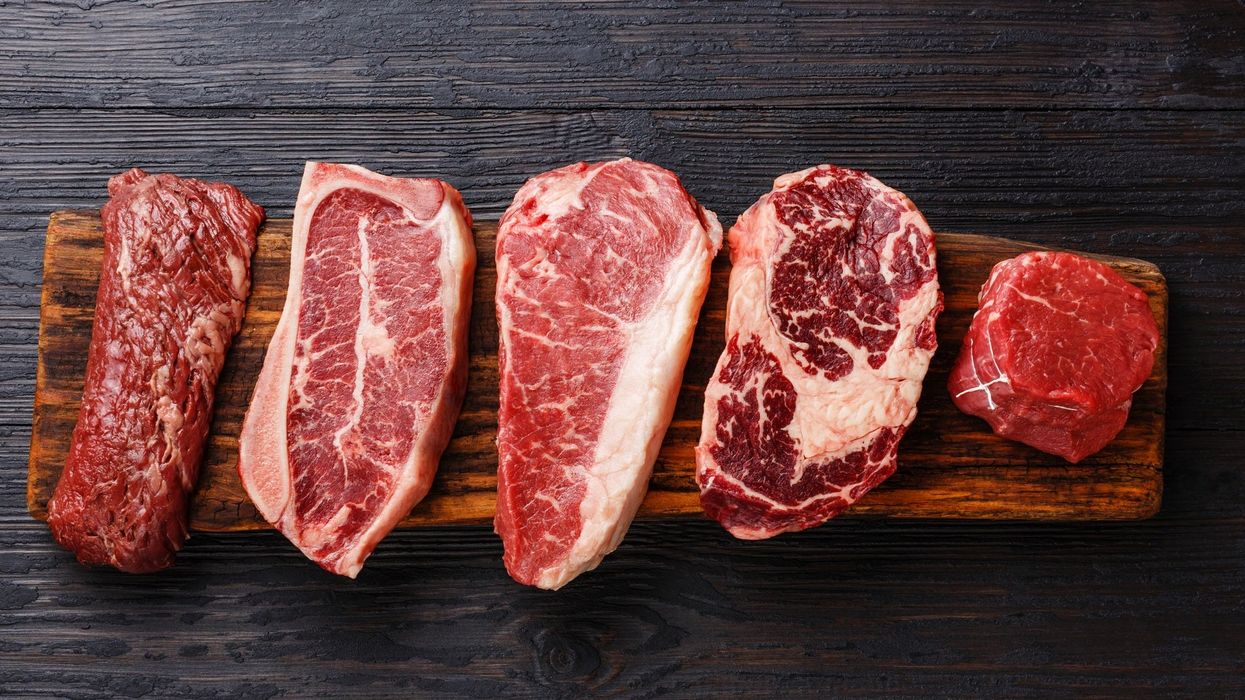News
Louis Staples
Sep 13, 2018

Image:
Istock
With the rise of meat-free and vegan diets, eating meat is increasingly seen as a lifestyle choice instead of a necessity.
Yet new psychological research suggests that there may also be a subconscious motivation. Meat is often viewed status symbol, and is valued by those who shun low status in pursuit of high status.
In agricultural societies, meat has traditionally been a more expensive produce than vegetables. Peasants would be lucky to eat meat, whereas aristocrats and royalty would eat it regularly. In the war, meat required more ration stamps than any other food group.
Yet currently those of lower socio-economic status eat more meat in Europe than those with high incomes. Considering meat is still often more expensive than alternatives such as Quorn, Dr Eugene Chan and Dr Natalina Zlatevska from the University of Technology and Monash University have researched the reasons why lower income people would still choose meat options.
After interviewing subjects and offering them a meal, researchers found that those who expressed economic “status anxiety” were more likely to choose meat over veggie options.
Zlatevska said:
There is a symbolic association between eating meat and strength, power and masculinity
It is traditionally a high-status food, brought out for guests or as the centrepiece of festive occasions, so we wanted to better understand this link to status
Chan looked to history to identify why meat is popular, telling IFL Science:
If you go back far enough in time people who ate meat were more powerful than those who could not afford meat, and it became endowed with social status
Though he also acknowledged that the popularity of veganism with and low-meat celebrity diets could eventually cause the popularity of meat to diminish.
H/T: IFL Science
More: What this vegan was served in a restaurant has gone viral
Top 100
The Conversation (0)













